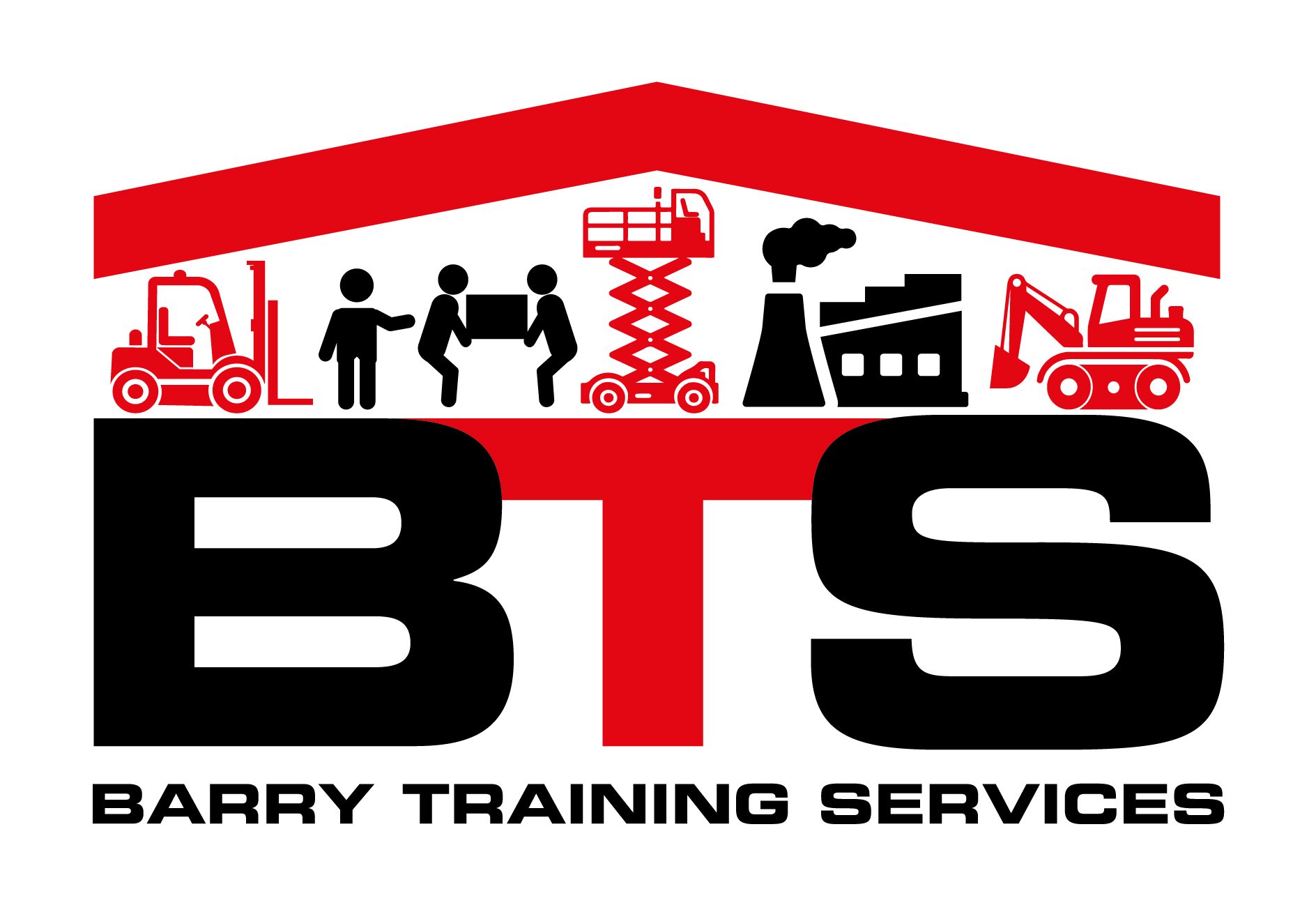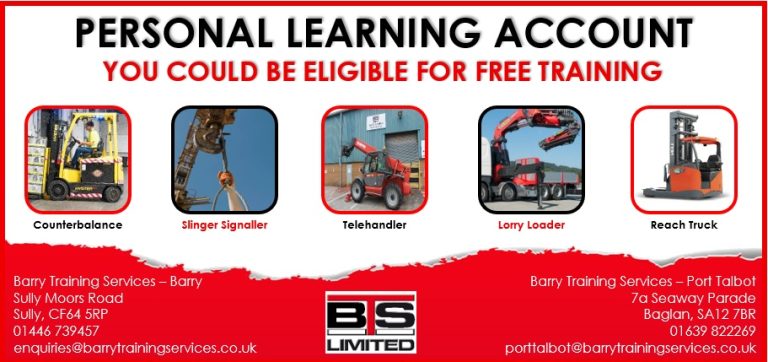
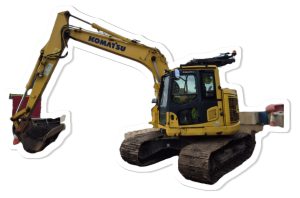
360 Excavator
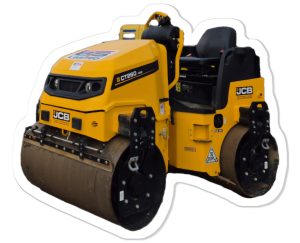
Road Roller
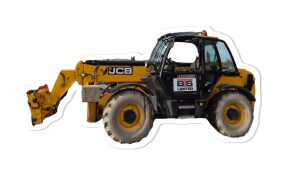
Telescopic Materials Handler
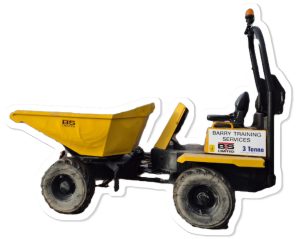
Forward Tipping Dumper
Forklift & Plant Training
Forklift & Plant Training
Below you’ll find information on the Forklift and Plant Training we offer at Barry Training Services, there is a huge range of training we can do, so if there is any training you need on a machine not listed below, please do get in contact with us and we can see if we can help.
Our Forklift & Plant Training can be delivered under different certification options; BTS, NPORS, RTITB & LANTRA.
The details of the training, including duration, number of delegates and overall costs will vary depending on which type of certificate you require. It is always best to speak to a member of staff if you require any Forklift or Plant training and we can discuss your training needs.
If the machine or training you require isn’t listed please contact the office and we will be happy to help. Click on the machine you require from the list below to see more information about it. The content will vary slightly depending on which accreditation you opt for but the basics remain the same.
So what are the stages of operator training?
Basic Operator Training
Basic Operator Training is, as the name suggests, just that. It’s important to note that Basic Operator Training should always take place ‘off the job’. Any individual attending Basic Operator Training will learn the basic practical skills of operating a lift truck – simple manoeuvring and basic hydraulic controls – and gain an understanding of the principles
governing safe operation.
As well as learning to operate the machine, operators will also learn about the risks and hazards associated with operation. Also covered during this training are important skills such as pre-use inspection and routine basic maintenance like re-fuelling or battery care.
Basic Operator Training is the foundation, It provides a solid base upon which more specific training can be built.
Specific Job Training
Specific Job Training is where context is added to the basic skills learnt in the first stage of training. This is where the operator learns about the operating principles specific to the
equipment they will be using, with focus on any attachments they might use.
The operator will learn about the layout and configuration of the controls in the type of machine they will be using – after all, who’s to say that the machine they used in Basic Operating Training is identical to the machine they will be using day-to-day?
But it’s not all about the machine by this stage; during Specific Job training the individual will learn about conditions they are likely to encounter at work – for example confined areas, the racking system, cold stores, other vehicles and the surfaces they’ll be operating on.
Importantly, during Specific Job Training, the individual will also be instructed on site rules such as speed limits, pedestrian areas, traffic flow and Personal Protective Equipment (PPE).
As with Basic Operator Training, Specific Job Training must take place away from the job. It is often combined with Basic Operator Training and can be theoretical or practical, depending on the availability of safe and appropriate training areas.
Familiarisation Training
This is closely supervised training that introduces the operator to the ‘live work’ environment for the first time. This is where the skills and knowledge that have been gained over the first two stages of training begin to be put to use in the workplace. The operator starts with simple tasks and builds towards more complex procedures, allowing them to develop their skills and
build their confidence.
As with stage two, site layout and rules form an important part of Familiarisation training. It is also often the case that the ‘off-the-job’ nature of Specific Job Training makes instruction in some elements of the site impossible. This is the time to cover those.
Only once all three stages of training are completed satisfactorily and recorded should an ‘Authorisation to Operate’ be issued. This is issued by the employer and it is their acknowledgement that the individual is qualified to operate specific equipment, within a specific environment.
Briefly looking at the three essential stages of initial training, it is clear to see how Basic Training on its own could leave an operator inexperienced and out of their depth when faced with operating in the live environment.
These three parts of the training process are hugely important when it comes to the safety and security of staff, as well as stock and equipment, Operator training is an on-going process that doesn’t just stop at Basic Operator Training, or even Specific Job and Familiarisation. When you consider the vital role of ongoing supervision, assessment and Refresher training in maintaining competence you can see that employers and operators alike have an obligation to keep training at the heart of workplace safety.
• Counterbalanced Forklift • Reach Truck • Rough Terrain • Telescopic
• Pallet Truck • Telehandler • Side Loader • Bobcat
• MEWP • Lorry Loader/HI-AB • Pivot Steer • Excavator • 180 Digger
• 360 Digger • Dumper • Ride on Roller • Safety Awareness Operator
• Slinger Signaller • Overhead Gantry • Mobile Crane • Forward Tipping
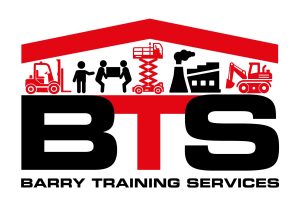
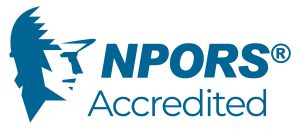
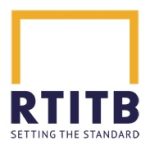
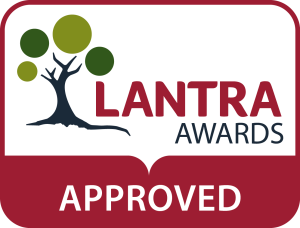
Industrial Counterbalance
Duration
The duration will vary depending on the delegates’ experience, and type of certification required.
Course Overview
• Introduction & Safety Awareness
• Basic functions of the machine
• Load assessment / transporting
• Causes of accidents and accident prevention
• Steering, Lifting & Lowering & Correct Approach
• Stacking & De-stacking
• Capacity plate; S.W.L. (Load Centres)
• Observation / personal safety
• Use of controls
• Moving off, stopping & safe parking
• Hydraulic control & systems
• Maintenance
• Negotiating ramps
• Lorry loading & unloading
• Fuelling procedures; Gas, Diesel, Petrol or Battery
• P.P.E
• Driving Skills / Operational Skills
• Regulations / Code of practice
• Theory & Practical
The above is a rough outline of the contents covered, please note that the training delivered may alter depending on the requirements of the delegates and the facilities provided.
Who should attend
Those who are required to operate an Industrial Counterbalance Lift Truck.
Assessment of Training
• Multiple-choice questions at the end of the theory as well as practical test.
Pre training requirements
Depending on the type of certification chosen, delegates may have to provide proof of their previous training.
Operators who successfully pass the course will receive either an NPORS, RTITB or BTS Certificate & ID card.
Course Dates
Courses are usually scheduled when requested, but we do also run open courses when we get the demand. To find our more or to make a booking, please contact us.
You can check our out online course diary to see if we have any open courses planned. See our events calendar for dates available.
p
Reach Lift Truck
BTS deliver training on all sizes of Reach, and a variety of attachments;
D1: Reach & Straddle trucks 3 – 8m lift
D2: Reach & Straddle trucks over 8m lift
D3: Stand on Reach trucks
We can offer this training under our own Safety Awareness certification, NPORS or RTITB accredited.
Duration
The duration will vary depending on the delegates’ experience, and type of certification required.
Course Overview
• Introduction & Safety Awareness
• Basic functions of the machine
• Load assessment / transporting
• Causes of accidents and accident prevention
• Steering, Lifting & Lowering
• Correct Approach
• Stacking & De-stacking
• Capacity plate; S.W.L. (Load Centres)
• Observation / personal safety
• Use of controls
• Moving off, stopping & safe parking
• Hydraulic control & systems
• Maintenance
• Negotiating ramps
• Lorry loading & unloading
• Fuelling procedures; Gas, Diesel, Petrol or Battery
• P.P.E
• Driving Skills / Operational Skills
• Regulations / Code of practice
• Theory & Practical
The above is a rough outline of the contents covered, please note that the training delivered may alter depending on the requirements of the delegates and the facilities provided.
Who should attend
Those who are required to operate a Reach Lift Truck.
Assessment of Training
• Multiple-choice questions at the end of the theory as well as practical test.
Pre training requirements
Depending on the type of certification chosen, delegates may have to provide proof of their previous training.
Operators who successfully pass the course will receive either an NPORS, RTITB or BTS Certificate & ID card.
Course Dates
Courses are usually scheduled when requested, but we do also run open courses when we get the demand. To find our more or to make a booking, please contact us.
You can check our out online course diary to see if we have any open courses planned.
Telescopic Materials Handler
BTS deliver training on all sizes of Telescopic Materials Handler, including Industrial and Rough Terrain, and a variety of attachments;
J1: Rough Terrain Masted Lift Trucks
J2: Rough Terrain Variable Reach Lift Trucks – up to 9m
J3: Rough Terrain High Lift Telescopic Trucks – above 9m
J4: Industrial Variable Reach Lift Trucks – up to 9m
J5: Industrial High Lift Telescopic Trucks – above 9m
J6: Variable Reach / Telescopic 360 slew under 9m
J7: Variable Reach / Telescopic 360 slew over 9m
J8: Articulated Rough Terrain Telescopic Lift Truck
We can offer this training under our own Safety Awareness certification, NPORS or RTITB accredited.
We also offer additional training that may be required when operating a Telescopic Materials Handler, including;
Suspended Loads
Underslung Hook
Slinger Signaller
Duration
The duration will vary depending on the delegates’ experience, and type of certification required.
Course Overview
• Introduction and safety awareness
• Basic functions of machine & using the telescopic boom (where applicable)
• Load assessment /transporting
• Accidents and their causes
• Prevention
• Steering, lifting, lowering
• Correct approach
• Stacking & de-stacking
• Capacity plate. S.W.L. (load centres)
• Observation / personal safety
• Use of controls
• Moving off, stopping, safe parking
• Hydraulic controls and systems
• Use of attachments e.g. Forks or bucket
• Maintenance
• Negotiating ramps
• Lorry loading and unloading
• Fuelling procedures: Gas/Diesel/Petrol/Battery)
• P.P.E.
• Driving skills / operational skills
• Regulations / code of practice
The above is a rough outline of the contents covered, please note that the training delivered may alter depending on the requirements of the delegates and the facilities provided.
Who should attend
Those who are required to operate a Telescopic Materials Handler.
Assessment of Training
• Multiple-choice questions at the end of the theory as well as practical test.
Pre training requirements
Depending on the type of certification chosen, delegates may have to provide proof of their previous training.
Operators who successfully pass the course will receive either an NPORS, RTITB or BTS Certificate & ID card.
Course Dates
Courses are usually scheduled when requested, but we do also run open courses when we get the demand. To find our more or to make a booking, please contact us.
You can check our out online course diary to see if we have any open courses planned.
HIAB / Lorry Self Loader
BTS deliver training on all types of Lorry Loader, and a variety of attachments.
We can offer this training under our own Safety Awareness certification, NPORS or RTITB accredited.
We also offer additional training that may be required when operating a Lorry Loader, including;
Suspended Loads
Slinger Signaller
Duration
The duration will vary depending on the delegates’ experience, and type of certification required.
Course Overview
• Introduction
• Pre-Use Inspections
• Controls
• Stability
• Setting Up Of Equipment
• Stowage of Equipment
• Attachments
• Safe Working Loads (S.W.L.)
• Loading / Unloading
• Slinging/Signalling
• Load Distribution
• Testing/Certification/Inspection/F91
• P.P.E. (Personal Protective Equipment)
• Safety Awareness
• Traffic Hazards
The above is a rough outline of the contents covered, please note that the training delivered may alter depending on the requirements of the delegates and the facilities provided.
Who should attend
Those who are required to operate a Lorry Self Loader.
Assessment of Training
Multiple-choice questions at the end of the theory as well as practical test.
Pre training requirements
Depending on the type of certification chosen, delegates may have to provide proof of their previous training.
Operators who successfully pass the course will receive either an NPORS, RTITB or BTS Certificate & ID card.
Course Dates
Courses are usually scheduled when requested. To find our more or to make a booking, please contact us.
OVERHEAD GANTRY
BTS can offer Remote, Pendant and CAB operated Overhead Gantry Crane, including a variety of attachments. We can offer this training under our own Safety Awareness certification, RTITB or NPORS accredited.
Duration
The duration will vary depending on the delegates’ experience, and type of certification required.
Course Overview
It is envisaged that by the end of this course of training the learner will be able to answer questions on and perform the following:
• Have a basic understanding of the industry, the dangers of working in the industry and their responsibilities as an operator
• Have a working knowledge of the manufacturer’s handbook for the particular machine to be used
• Be able to locate and identify the major components of the machine and explain their functions
• Be able to locate and identify key controls and explain their functions
• Set up exclusion zone
• Identify and maintain PPE appropriate for overhead crane use
• Conduct all pre-operational and running checks in accordance with manufacturer’s and legislative requirements
• Prepare the overhead crane for use and operate machine safely and efficiently
• Environmental considerations
• Carry out all end of work and shut down procedures
Who should attend
Those who are required to operate an overhead gantry crane.
Assessment of Training
Multiple-choice questions at the end of the theory as well as practical test.
Pre training requirements
Depending on the type of certification chosen, delegates may have to provide proof of their previous training.
Operators who successfully pass the course will receive either an NPORS Certificate & ID card or a BTS Certificate & ID card.
Course Dates
Courses are usually scheduled when requested, but we do also run open courses when we get the demand. To find our more or to make a booking, please contact us.
You can check our out online course diary to see if we have any open courses planned.
SLINGER / SIGNALLER
BTS can offer Slinger Signaller training under our own Safety Awareness certification, RTITB or NPORS accredited.
Duration
The duration will vary depending on the delegates’ experience, and type of certification required.
Course Overview
It is envisaged that by the end of this course the learner will be able to answer questions on & perform the following:
• Have a basic understanding of the industry, the dangers of working in the industry & their responsibilities as a Slinger / Signaller
• Be able to conform to manufacturers requirements as per technical data, conform to relevant regulations & legislation
• Be able to locate, identify & explain different types of lifting equipment & lifting accessories. Explain their basic construction, uses, applications & their functions
• Be able to interpret & extract information on all relevant documentation
• Undertake all pre-use checks on non-specialist lifting accessories & identify non-serviceable items
• Explain procedures for placing non-serviceable items out-of-service
• Identify & explain centres of gravity & calculate estimated weights of loads
• Set up exclusion zone explaining actions required for emergency actions, identifying any overhead hazards
• Identify & maintain PPE appropriate for Slinger / Signaller use
• Secure various types of loads to a hook using the relevant lifting accessories & procedures ensuring load balance, security & integrity
• Direct & guide the movement of loads to different types of location using different methods of communication
• Environmental considerations
• Carry out all out-of service and securing procedures
Who should attend
This one day course is for those who are experienced slinger / signallers.
Assessment of Training
Multiple-choice questions at the end of the theory as well as practical test.
Pre training requirements
Depending on the type of certification chosen, delegates may have to provide proof of their previous training.
Operators who successfully pass the course will receive either an NPORS Certificate & ID card or a BTS Certificate & ID card.
Course Dates
Courses are usually scheduled when requested, but we do also run open courses when we get the demand. To find our more or to make a booking, please contact us.
You can check our out online course diary to see if we have any open courses planned.
Vehicle Marshall / Banksman
We can offer this training under our own Safety Awareness certification, NPORS or RTITB accredited.
Duration
The duration will vary depending on the delegates’ experience, and type of certification required.
Course Overview
• Have a basic understanding of the industry, the dangers of working in the industry and their responsibilities as a vehicle marshall.
• Have a working knowledge of the manufacturer’s handbook for the particular vehicle / machine to be used
• Have a good understanding of the signs and signals, approved hand signals and different forms of communication
• Identify and maintain PPE appropriate for the Vehicle Marshall
• Conduct all necessary safely checks at the work area
• Set up exclusion zone for unloading
• Guide Vehicle / machinery in a forward and reverse direction including confined spaces and blink spots maintaining full visual contact
• Environmental considerations
• Carry out all end of work and shut down procedures
The above is a rough outline of the contents covered, please note that the training delivered may alter depending on the requirements of the delegates and the facilities provided.
Who should attend
Those who are required to operate to assist with the manoeuvring of vehicles / machinery on site.
Assessment of Training
Multiple-choice questions at the end of the theory as well as practical test.
Pre training requirements
Depending on the type of certification chosen, delegates may have to provide proof of their previous training.
Operators who successfully pass the course will receive either an NPORS or BTS Certificate & ID card.
Course Dates
Courses are usually scheduled when requested, but we do also run open courses when we get the demand. To find our more or to make a booking, please contact us.
You can check our out online course diary to see if we have any open courses planned. LINK TO CALENDAR
Dumper Truck Training
BTS deliver training on all sizes & varieties of Dumper Trucks, including;
Forward Tipping Mini Dumper (up to 1 tonne)
360⁰
180⁰
Wheeled
Tracked
We can offer this training under our own Safety Awareness or NPORS accredited.
Duration
The duration will vary depending on the delegates’ experience, and type of certification required.
Course Overview
Please be aware that the outline may change slightly depending on the type of Dumper you are being trained on;
• Introduction
• Legislation (inspection, certification)
• Pre-use inspection
• Controls
• Servicing
• Starting off/ stopping
• Stability
• Manoeuvring
• Traffic hazards / site rules
• Safe working load (SWL)
• Loading / unloading
• Signalling
• P.P.E. (personal protective equipment)
• Assessment & testing of operator (s)
The above is a rough outline of the contents covered, please note that the training delivered may alter depending on the requirements of the delegates and the facilities provided.
Who should attend
Those who are required to operate a Dumper Truck.
Assessment of Training
Multiple-choice questions at the end of the theory as well as practical test.
Pre training requirements
Depending on the type of certification chosen, delegates may have to provide proof of their previous training.
Operators who successfully pass the course will receive either an NPORS, RTITB or BTS Certificate & ID card.
Course Dates
Courses are usually scheduled when requested. To find our more or to make a booking, please contact us.
Additional Information
This course, depending on experience, can be delivered in line with Excavator.
Excavator Training
BTS deliver training on all sizes & varieties of Excavators, including;
180⁰
360⁰
Micro (up to 1 tonne)
Wheeled
Tracked
Below 5 Tonne
Above 5 Tonne
We can offer this training under our own Safety Awareness or NPORS accredited.
Duration
The duration will vary depending on the delegates’ experience, and type of certification required.
Course Overview
• Introduction
• Legislation
• Pre-use inspections
• Precautions to take before starting & moving
• Controls & preparation for travel
• Stability / stabilisers (raise & lower, locking devices) as applicable
• Safe working loads (SWL)
• Loading / unloading
• Attachments (various buckets, ripper tooth, impact hammer etc)
• Safety awareness (general use as an all purpose site machine, e.g. Levelling & vehicle loading with the front shovel: general excavation e.g. Trenches, ditches, manholes, vehicle loading with the backhoe)
• Travel: steering, foot brakes (locking device & use) parking brake, gears (transmission type)
• Traffic hazards
• P.P.E (personal protective equipment)
• Testing / certification / inspection / f91
• Assessment & testing of operator (s)
The above is a rough outline of the contents covered, please note that the training delivered may alter depending on the requirements of the delegates and the facilities provided.
Who should attend
Those who are required to operate an Excavator
Assessment of Training
Multiple-choice questions at the end of the theory as well as practical test.
Pre training requirements
Depending on the type of certification chosen, delegates may have to provide proof of their previous training.
Operators who successfully pass the course will receive either an NPORS, RTITB or BTS Certificate & ID card.
Course Dates
Courses are usually scheduled when requested. To find our more or to make a booking, please contact us.
Additional Information
This course, depending on experience, can be delivered in line with a Dumper Truck.
Additional Lift Truck & Plant Training
BTS deliver training on a full variety of Lift Trucks & Plant, not all of which may be listed here, should you have a requirement for training on equipment that you cannot see listed, please get in touch.
Depending on the machine required, the training can be delivered under our own Safety Awareness certification, NPORS or RTITB Accredited.
Courses include;
Dumper
Excavator
Front Loader / Front End Loader
Industrial Counterbalance
Industrial Telescopic Materials Handler
Lorry Loader
Mobile Elevated Work Platforms (MEWP) (
Multi Directional Lift Truck
Overhead Gantry
Plant Machinery Marshall
Reach Lift Truck
Ride on Roller
Rough Terrain Masted Lift Truck
Rough Terrain Telescopic Materials Handler
Side Loader
Skidsteer
Skip Loader / Lorry
Slinger Signaller
Telescopic Materials Handler
Vehicle Marshall / Banksman
For any other course, please contact us for further information.
Training Location
We can deliver some of these courses at our Barry and Port Talbot office (depending on the equipment required). Please contact us for further information, or use the form below (stating the course you require in the message).
Problem downloading? to fix download, Right click left link and choose “Save As”
